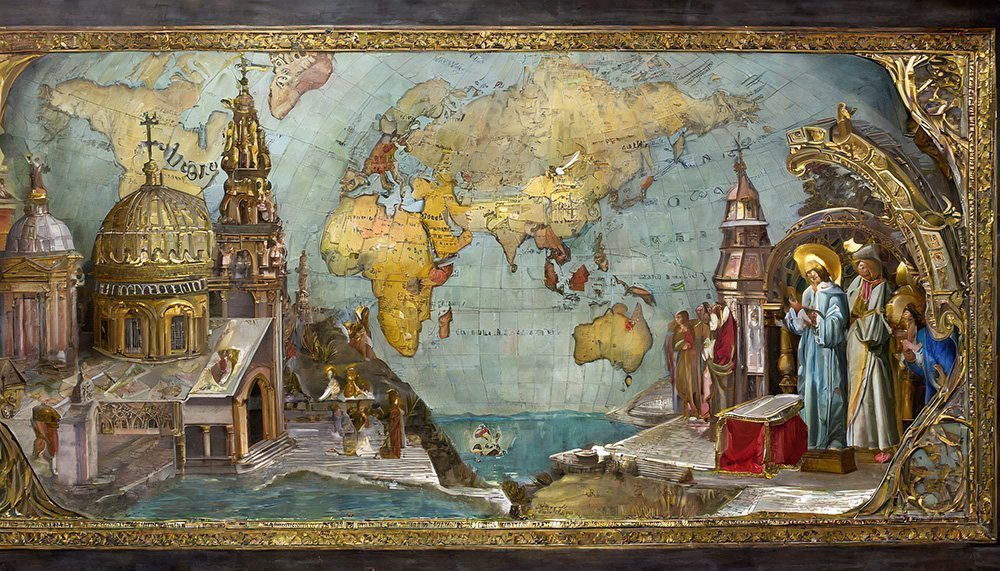
Discover the significance of natural aromatics like frankincense, myrrh, and sandalwood in major religious holidays across the globe.
Aromatic substances have played a significant role in various religious rituals and holidays across different faiths. Here’s a list of some of the most historically significant natural aromatics associated with major religious holidays worldwide:
Christianity
- Christmas: Frankincense and Myrrh — These were two of the three gifts given by the Magi and are often used in Christmas rituals.
- Easter: Spikenard — Used in some traditional Christian rites; it was the oil Mary Magdalene used to anoint Jesus.
Islam
- Ramadan: Bakhoor (incense) — Often burned in homes to bring a sense of tranquility.
- Eid al-Fitr: Rosewater — Used in various sweets and also as a perfume during the festivities.
Hinduism
- Diwali: Sandalwood — Burned as incense during prayers.
- Holi: Jasmine — Often used in oils and fragrances during the celebrations.
Judaism
- Passover: Cinnamon — Sometimes added to the charoset, a traditional food.
- Hanukkah: Olive Oil — Although not aromatic, it is historically significant due to its role in the Hanukkah miracle.
Buddhism
- Vesak: Lotus — Used in various forms, including incense, during the celebration of Buddha’s birth, enlightenment, and death.
- Asalha Puja: Saffron — Used in offerings and sometimes to anoint sacred texts.
Shintoism
- O-Shōgatsu (New Year): Cedar — Used in purification rituals.
Taoism
- Qingming Festival: Wormwood — Used in traditional rites to ward off evil spirits.
Sikhism
- Vaisakhi: Saffron — Used for preparing traditional foods and sometimes for anointing the Guru Granth Sahib.
Pagan/Wiccan
- Winter Solstice (Yule): Pine — Used in various forms during celebrations.
- Summer Solstice (Litha): Lavender — Used for its calming and purifying properties.
Note that these are just examples, and the usage of aromatics can vary between different cultures and traditions within each faith.
Back to the Home Fragrance Buyer's Guide
Written by Tony Bierman
Tony Bierman co-founded Candlecopia, a home fragrance company, in 2009. In addition to being a 15-year veteran of the home fragrance industry, Tony is also an author, an award-winning software developer, and an amateur photographer. In his spare time, you’ll find him hiking the woods of Roanoke Creek, with his camera and his dogs.

[…] Scents by Major Holidays […]